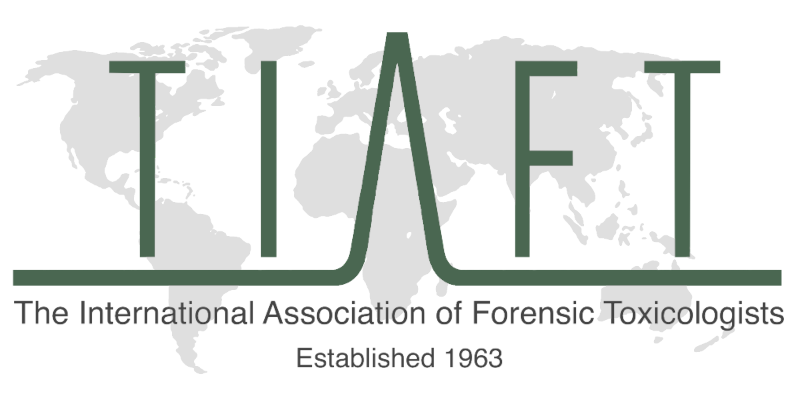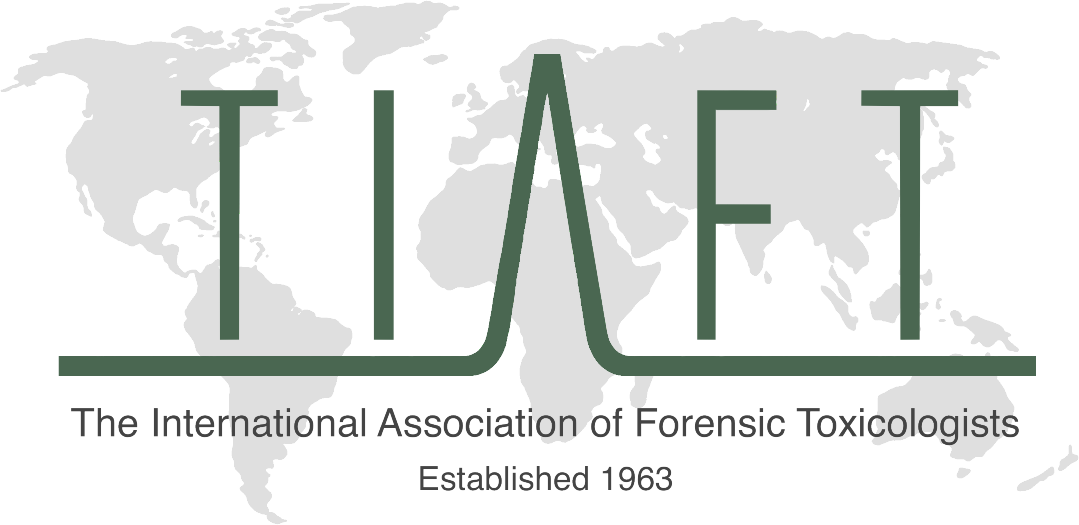Published on: 06-07-2020

Professor Haciba Rezk-kallah is the head of the Pharmacology – Toxicology Department at the University Hospital of Oran, and the director of the Environmental Health Research Laboratory of University of Oran 1. She is currently the president of the National Pedagogical Committee of Toxicology, vice-president of the National Pedagogical Committee of Pharmacy and the president of the Algerian Society of Toxicology (SATOX). After obtaining her pharmacy degree in 1985, she specialized in toxicology at Algiers University. At the Catholic University of Louvain (Brussels, Belgium), her research in industrial toxicology under Pr. Lauwerys focused on measuring blood and urinary phenyl acetic acid to assess occupational exposure of workers to manganese. She further obtained a PhD in medical sciences (Oran University) with research assessing the occupational exposure to chemical substances and ergotoxicological testing. Between 2000 and 2007, Pr Rezk-kallah was the head of the Pharmacy Department, Oran Faculty of Medicine. As the head of the Pharmacology – Toxicology Department at the University Hospital of Oran since 1996 she has developed clinical toxicology and management of chemical risk in the workplace. She currently aims to develop methods for forensic applications, including postmortem toxicological investigation, human-performance testing and forensic urine drug testing.
The Pharmacology – Toxicology Department is located in the University Hospital of Oran (www.lrse-oran-dz.com). This city, nicknamed Oran the radiant (in Arabic Wahran El Bahia), is the second largest city in Algeria and an important Maghreb and Mediterranean metropolis. This coastal city has a temperate climate characterized by hot, dry summers and mild, wet winters.
The main mission of the Pharmacology – Toxicology Department is to perform clinical toxicology for the hospital, helping to diagnose, predict, manage and prevent intoxications due to drugs as well as environmental and occupational toxicants. The department comprises four units:
- Toxicological Emergencies and Toxicovigilance Unit, which handles an average of 600 requests each year. Benzodiazepines are the most commonly involved compounds in cases of voluntary or accidental intoxications. Pesticide poisoning comes in second, with almost 100 cases per year.
- Therapeutic Pharmacological Monitoring and Pharmacovigilance Unit, which particularly monitors immunosuppressants and antiepileptics.
- Professional and Environmental Toxicology Unit, which performs hundreds of analyses per year to assess the levels of metals exposure in workers of oil refineries, metal recovery companies, foundries, etc. They also assess levels of pesticides exposure in products production company workers and farmers.
- Drug Testing and Forensic Toxicology Unit, which handles on average 400 cases per year and is still being developed. Their work shows that cannabis is still the most widely used drug, and that the drug diversion phenomenon is gaining momentum. The unit has been participating to the UNODC International Collaborative Exercises (ICE) program since 2018.
In addition to the full time staff (chemists, biologists, laboratory technicians) and academic staff (hospital practitioners, assistant and full professors), the Pharmacology – Toxicology Department welcomes PhD candidates and directs research work of the Environmental Health Research Laboratory at the University of Oran 1. This “Industrial and Environmental Toxicology” team studies various topics:
- Assessment and prevention of health risks linked to the use of pesticides at home and in the professional environment;
- Addictive behaviors linked with psychoactive substances – screening, biotoxicological monitoring and prevention aspects amongst target and vulnerable populations;
- Assessment of pesticides residue levels in water and food;
- Biometrological monitoring of populations professionally exposed to metals, phytosanitary products for agricultural use and public health;
- Assessment of phthalate exposure in the general population;
- Chemical risk management in healthcare establishments;
- Health risk assessments of energy drinks amongst youth;
- Health risk assessments of passive smoking.
Related publications:
- Chefirat, B., Boukalkha, H.H., Sadji, I., Rezk-kallah, H., 2015. Energy drinks: State of knowledge and consumption among young Algerians. Cahiers de Nutrition et de Diététique, 50, pp. 47–52. https://doi.org/10.1016/j.cnd.2014.07.006


